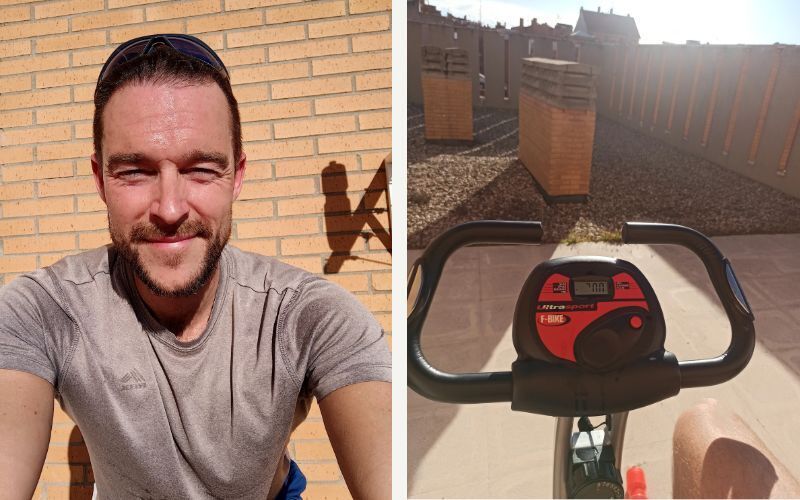Day 32 - Bringing Ethical Mindfulness to Motion
Today's sharing is still within the area of Self-Cultivation but building on the tools that allow me to calm my body and mind, reset and reload my nervous systems and bring myself back as close to my resilient zone as I can be in any given moment of my day.
When I am within my resilient zone, and not feeling distorted in any way, I can now begin to look and ways to bring my values into my present actions, thoughts, and words. If I truly want to cause as little harm to myself and others on this day and be part of creating as much joy and peace, well, I feel that being ethically mindful will at least lead me in that direction.
What does being ethically mindful mean or indeed, what does ethical mindfulness involve?
To me, it means being heedful, mindful, and aware, all at the same time. Of course, really grasping and fully understanding what it means to me to be heedful or mindful or, aware of my awareness has taken me some time to put into daily practice and I've still some way to go but like all these peaceful skills, it's progress not perfection as my goal.
Heedfulness is being aware of my capacity to create harm through my actions, words, and thoughts. Harm to myself and harm to others I should state. Having two young kids who tend to mimic their parent's worlds and actions has really helped me become more aware of my potential to create harm, so I try my best to reframe from doing it.
Another component of this skill, that really helps me in terms of direction, is my ability to bring my values to mind and have them close by when making decisions for myself and others, or when I recognize harmful self-talk or interactions with others. Being aware and attuned to my values and being able to have them close by when required just gives me a sense of having a mental compass at hand.
The third part of ethical mindfulness is the one that brings them all together for me, the practice and skill of metacognitive awareness, or being aware that I am aware of my actions, thoughts, and words. It's almost like an observer of my heedfulness and mindfulness in action. Even if I have the best intentions in the world, not to create harm and to reduce the suffering of others and myself if I am not aware of the present moment and my mind is somewhere else (which is still often the case), I can easily go into automatic mode and this is where my heedfulness and mindfulness can be on pause mode.
I'm sure we can all think of times when we didn't intentionally mean to cause harm or hurt to ourselves and others by doing something, not doing something, saying something, not saying something, or even by having irrational or unfounded, distortive thoughts.
One of the best ways for me to be able to practice all three parts that make up ethical mindfulness is to use my conscious breathing as an anchor. When I spot that am either not being aware or a little absent-minded, I simply bring my mind to my breath. This provides me with some focus and stability, and then I just check in to see if I am bringing my values into play, or if I am showing a general sense of cautiousness in relation to my ability to create harm.
This anchoring may only take a couple of seconds, but my goodness this technique got me out of some potentially dodgy circumstances over the last few years and hopefully negated unnecessary conflicts which I know can put me off course big time.
I am grateful to be able to practice this skill and look forward to getting better at it and sharing it with much more along my journey.
Shane O'Connor


